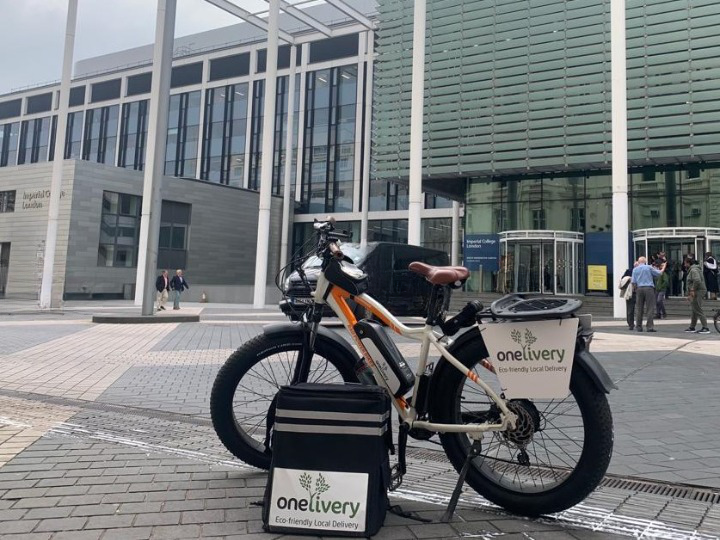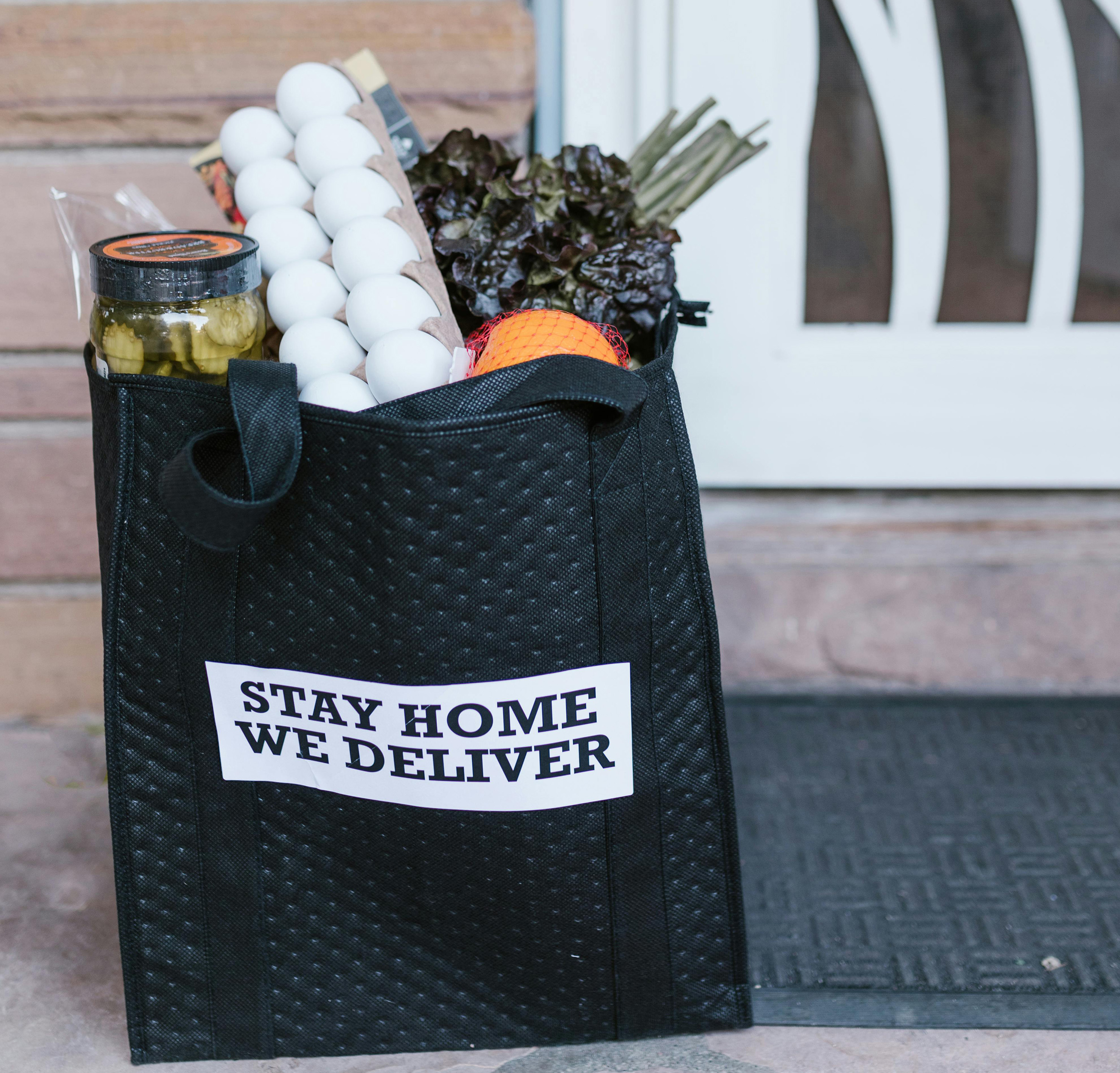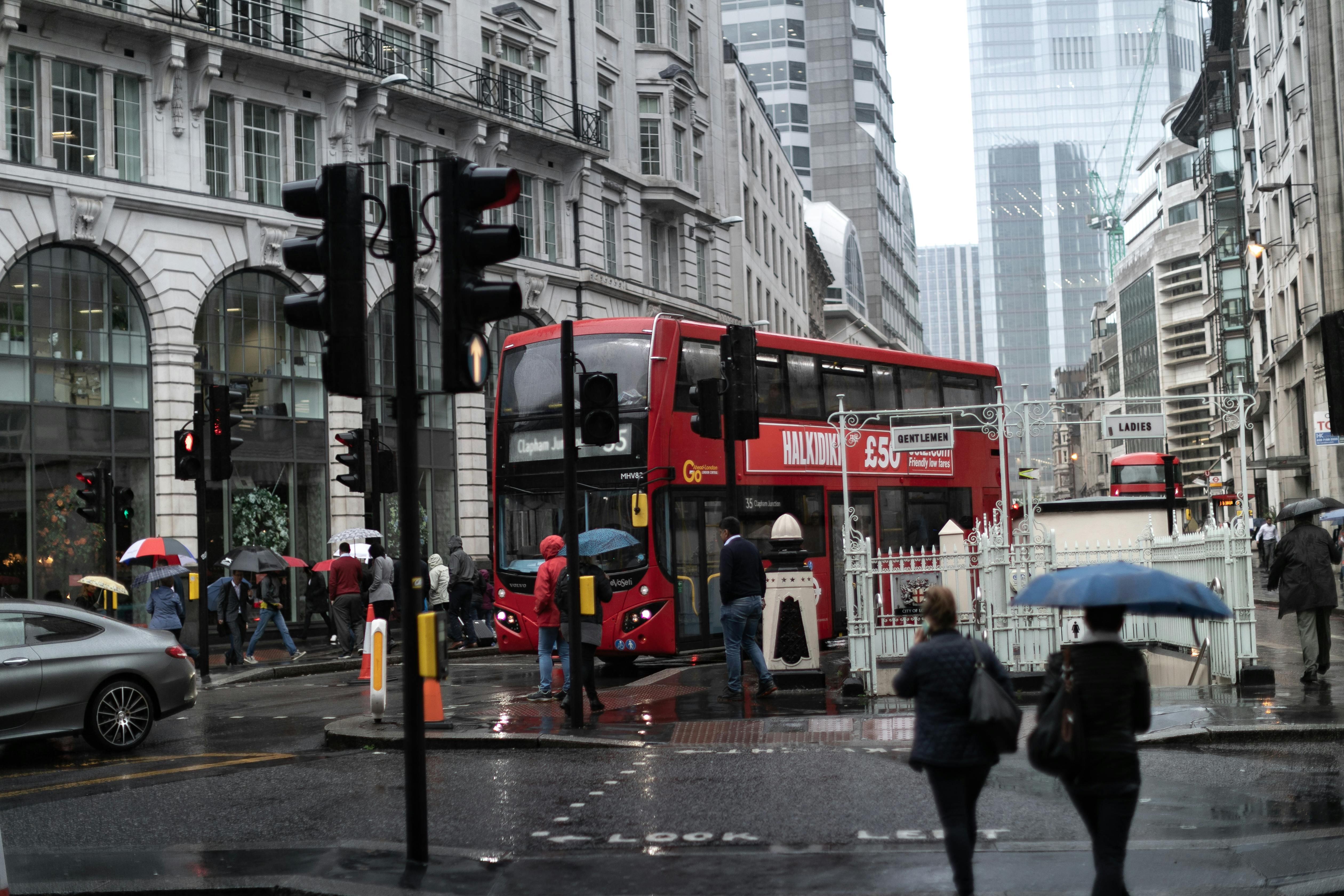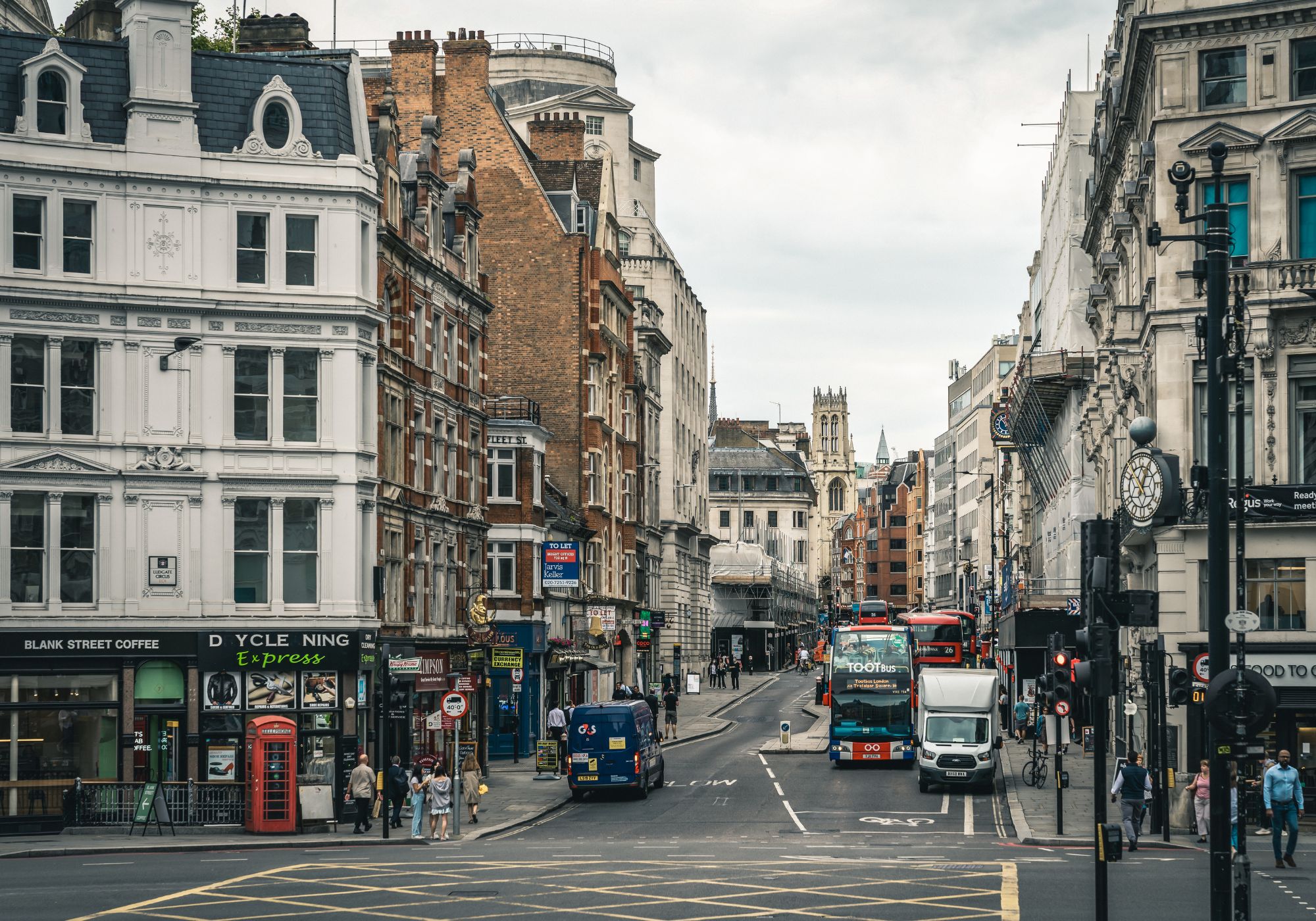How will independent retailers sustain e-commerce demands for the next decade?
The majority of in-land logistics are now performed by trucks, which are no longer suitable for the urban environment due to congestion and pollution. Environmentally friendly delivery is becoming increasingly important since customers are favouring companies that try to minimise their negative environmental effects.
Decentralised logistics, where supplies are initially gathered at hubs, warehouses, and sizable distribution centres outside the city centre, is one approach that is quickly gaining traction throughout Europe. Parcels may be transported inside the city to smaller distribution centres or micro-consolidation centres, where they can be collected and distributed to clients by e-bikes.
To ensure sustainable and ecologically friendly distribution within cities, electric and human-powered vehicles are becoming increasingly important.
Independent retailers need to adapt to new e-commerce demands.
E-commerce has completely taken over the business world. With approximately three billion parcels sent or returned in a single year, the UK is placed third globally in the online shopping ranking, demonstrating the interest of younger generations in online shopping.
Independent retailers need to adapt themselves to the latest e-commerce demands to cement their place in the market. Retailers need to shift without delay to e-commerce as the public demands decisive action on green policies and is showing more interest in online shopping in comparison to conventional methods.
Given that traditional cargo vehicles emit a lot of harmful gases into the atmosphere, it has become difficult for delivery companies to fulfil orders on time while still protecting the environment. As a result, delivery companies are now attempting to switch to environmentally friendly vehicles such as e-bikes to transport packages in urban areas.
How retailers became successful in the past will not be the same in the next ten years.
Technology has changed the way people live. Everyone is now addicted to shopping online in the comfort of their homes. So the traditional ways of shopping are becoming outdated with the passage of every passing year, and businesses need to shape themselves according to the latest era requirements. Retailers, who dominated in the past decade, need to transform themselves with technology to be successful in the business world.
E-commerce provides new opportunities and experiences for customers, such as lower prices, a wide range of product availability, the ability to order a variety of products at lower costs, and the comparison of product features listed on online stores. Different industries like medicine, food items, beauty and personal care, electronics, fashion, and apparel have already shifted towards online stores as people prefer shopping online as compared to shopping physically.
If someone wants to be a successful entrepreneur in the modern world, he needs to shift as soon as possible to an e-commerce business, as the interest in shopping online is increasing day-by-day.
Cargo companies are playing their roles in making it possible, but with the new inventions, come challenges as well, like the need to leave traditional delivery methods and shift themselves towards new energy methods to protect the environment and contribute towards a safer and greener environment for the newer generations.
The UK Net Zero 2050 Strategy
The UK has new interim objectives to cut emissions by 78% by 2035 and a legally enforceable net-zero target for the year 2050. Net-zero means eliminating carbon from the atmosphere while reducing emissions that humans still create. Every product, whether it be real or digital, has an effect on the environment, so it needs a clear policy to minimise that effect.
Even the smallest companies emit carbon dioxide through their supply chain, cars, or buildings. The transportation strategy calls for spending on rail, buses, and cycling, in addition to electrifying automobiles and their supply chains. By 2030, it is hoped that 10% of aviation fuels will be produced from waste from households, industrial flue gases, and atmospheric carbon.
Keeping these government initiatives in mind, it is now evident that the government's future policies will be environmentally friendly and sustainable. For this, the government can levy high taxes or fees on conventional forms of transportation to promote cutting-edge technology and environmentally friendly transportation.
Embrace technology and sustainability.
The logistics industry is dealing with the problem of sustainability because of the quick expansion of e-commerce and the quick increase in shipments. Last-mile delivery, which is the final stage of the transportation of products, is particularly important because it relates to customer satisfaction, the financial viability of logistics organizations, and the rising public demand for urban logistics that is sustainable.
Companies that consider using drones for last-mile deliveries need to find better alternatives, such as incorporating A.I. into the delivery process. Before considering drones as a delivery method, there are a few issues that need to be resolved, such as landing area placement and weight capacity.
Drones can deliver packages weighing five pounds or less to clients in urban and suburban areas in a clean, quick, and easy way without consuming fossil fuels, getting stuck in traffic, or making customers wait. The idea made it evident that the race to commercialize delivery drones had started. It looks outlandish and exhilarating, like the future is truly becoming a reality right before our eyes.
Drones for delivery must be cost-competitive on their own, and autonomous operations require computer vision and artificial intelligence capable of reliably identifying a clear landing zone, which currently appears to be impossible. As a result, a lot of obstacles need to be addressed to adopt drones for urban deliveries.
Handling the future urban logistics
The key to maintaining efficient urban logistics is learning how to handle last-mile delivery in urban areas. The demands of e-commerce clients, the financial performance of logistics organizations, and the public's interest in sustainability are the factors that need to be taken into account while developing a sustainable urban last-mile delivery plan.
While the technology and strategies to support Smart City Logistics are being implemented, the future of urban delivery is still a little unclear as a lot of work needs to be done at the public and government levels. Contrarily, using AI and autonomous vehicles for deliveries between large hubs and neighbourhood distribution centres would improve urban logistics (e.g., AI drones and independent delivery robots).









